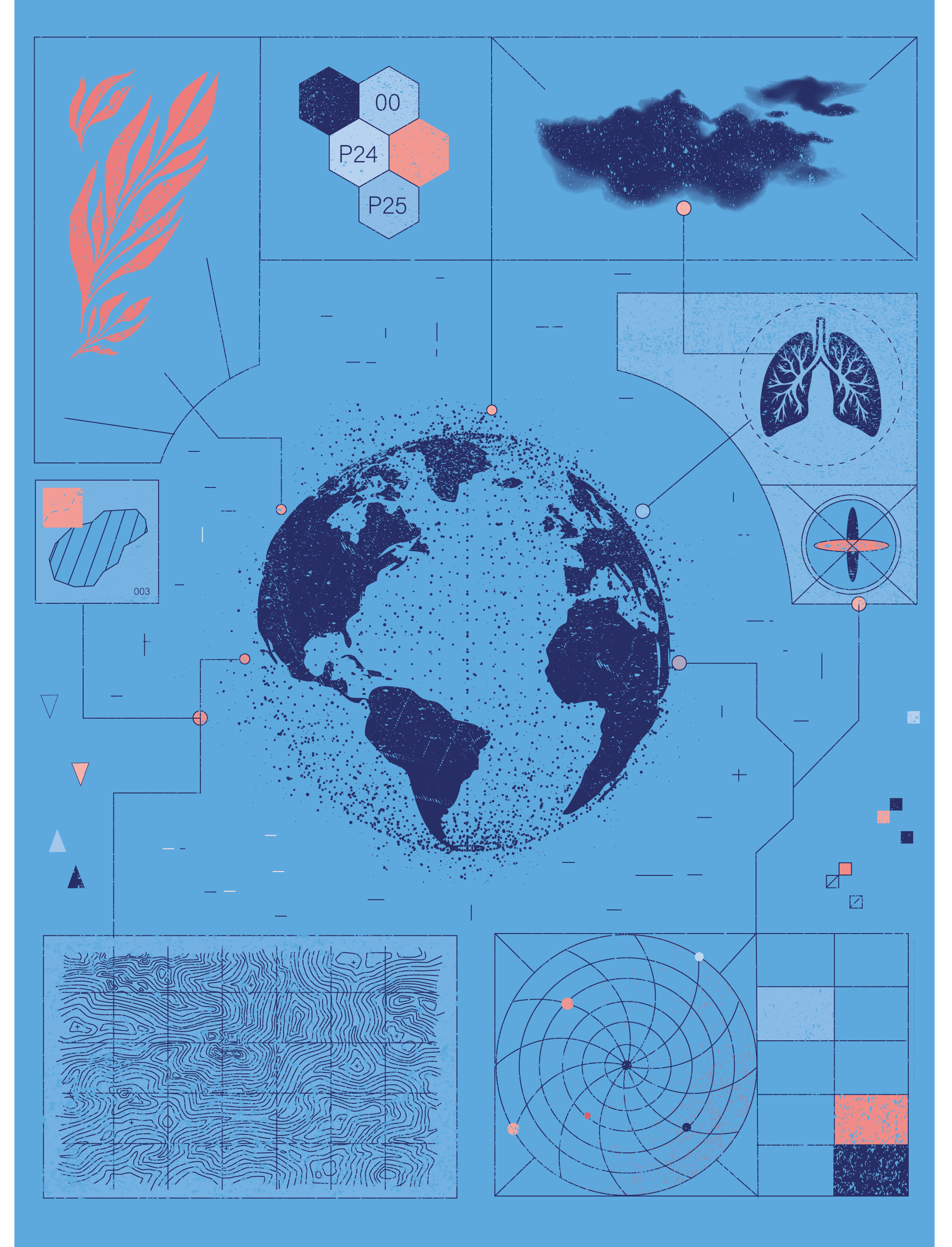Project Title: ARTIFICIAL INTELLIGENCE THEORETICAL FOUNDATIONS FOR ADVANCED SPATIAL-TEMPORAL MODELLING OF DATA AND PROCESSING
Acronym: ATLAS
PI: Dr Endre Pap, full professor, University Singidunum
SRO’s: Singidunum University; Institute of Physics Belgrade
The ATLAS project deals with the development of theoretical methods of artificial intelligence and the application of artificial intelligence and computer simulation through a platform designed to investigate the behaviour of complex temporally dependent geo-spatial systems. One of its tasks is to create new theoretical foundations of artificial intelligence within soft computing, aggregation operators, non-additive measures and integrals.
In order to evaluate the innovated methods, a pilot study of the global state of air quality will be conducted with the ultimate goal of enabling an understanding of environmental factors which shape the levels of pollutants and predicting their behaviour under certain circumstances. Based on the obtained data, ATLAS will provide a basis for recommended measures which competent organizations and/or individuals need to take in order to prevent or reduce the harmful effects of air pollution on the environment and human health.
The results of the ATLAS project will provide the starting conditions for a scientifically founded and competent decision making on environmental protection measures in Serbia and the world, but also on the measures that individuals should take in order to protect their own health in current conditions. Also, for Serbia, the ATLAS project will be important due to its contribution to the development of research capacities in the field of artificial intelligence and its application in general.
PROJECT OBJECTIVE: The goal of ATLAS is to provide a basis for recommendations of measures to be taken in order to reduce the harmful effects of air pollution on the environment and human health.
METHODOLOGY: In the realization of the project, the following methods and techniques will be used: soft computing, aggregation operators, non-additive measures and integrals for reasoning with indefinite and incomplete data, machine and especially deep learning algorithms, semantic modelling, cellular automata and hybrid models.
EXPECTED RESULTS: Expected results include a repository of publicly available data on air quality status, the development of new theoretical foundations of artificial intelligence, software tools for developing computer models and a computer simulation of complex spatial-temporal systems.

Illustration: Dragana Krtinic


